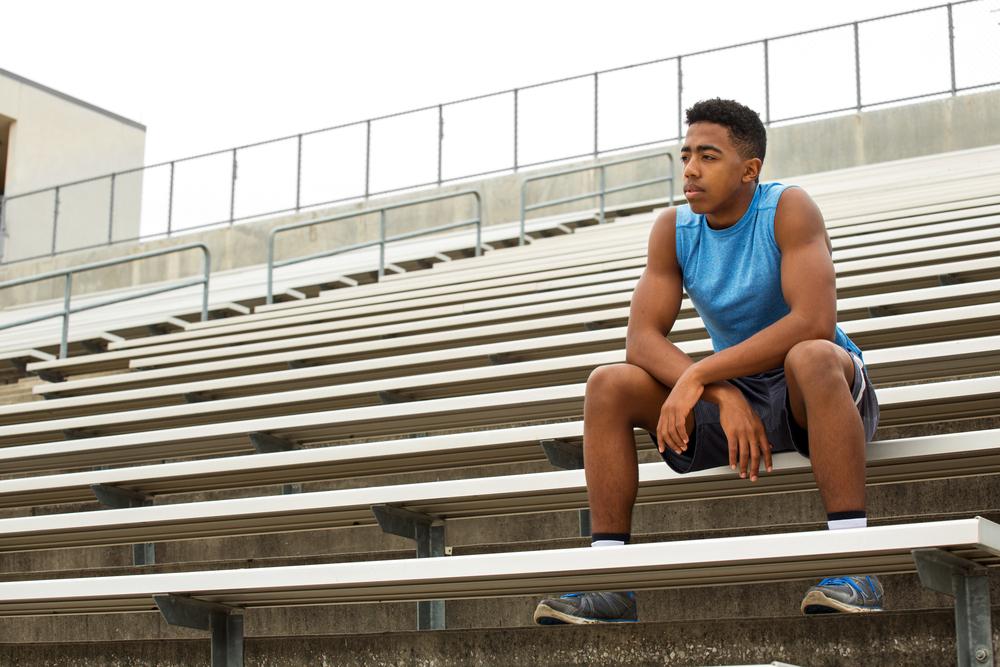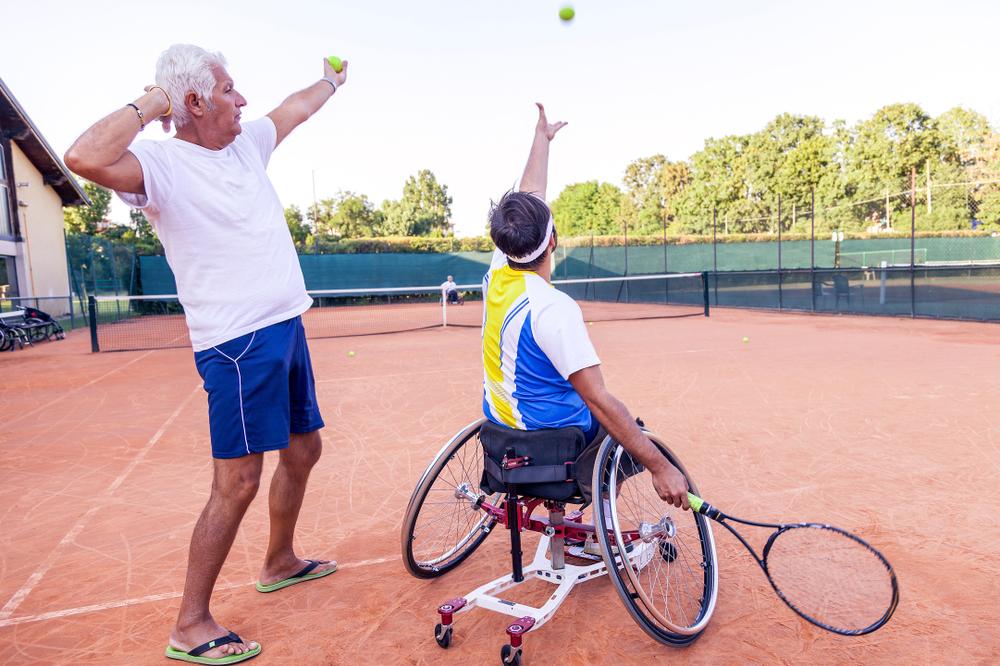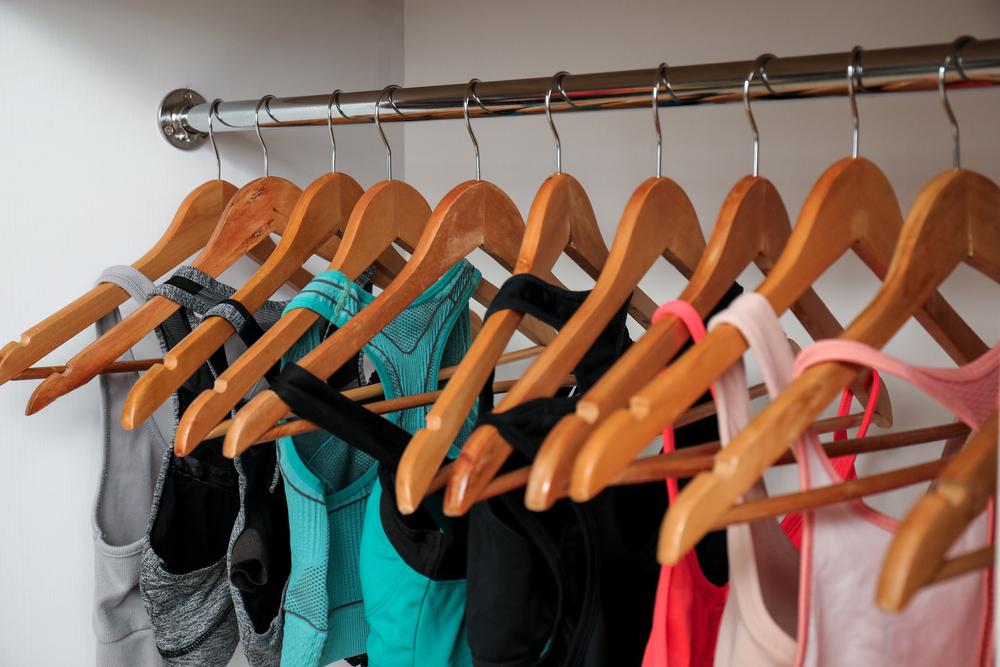Content Warning: This article contains mentions of bullying, suicide, and abuse and/or assault.
‘If you see something, say something.’ You may have seen that phrase in airports or on trains as you traveled, and in sport, the same sentiment holds true. People who report misconduct and suspicious behavior, often referred to as whistleblowers, play a vital role in our ability to maintain safe and fair sport environments. While there are many organizations responsible for protecting athletes and sport, they can be far more effective when those with information are brave enough to speak up.
 Whistleblowing often comes with negative connotations, and you’ve probably heard taunts discouraging people from ‘snitching.’ In reality, however, whistleblowers are the unsung heroes saving sport and even saving lives in some cases. Here, Travis T. Tygart, CEO of the U.S. Anti-Doping Agency, explains what it means to be a whistleblower and why every level of sport needs people to stand up for what is right.
Whistleblowing often comes with negative connotations, and you’ve probably heard taunts discouraging people from ‘snitching.’ In reality, however, whistleblowers are the unsung heroes saving sport and even saving lives in some cases. Here, Travis T. Tygart, CEO of the U.S. Anti-Doping Agency, explains what it means to be a whistleblower and why every level of sport needs people to stand up for what is right.
First, what exactly is a whistleblower in sport? “At the most basic, a whistleblower is simply someone who comes forward and tells appropriate authorities about situations that are against the rules, that are harming other people, or that are defrauding sport,” explains Tygart. While USADA works with whistleblowers who report doping violations, those in sport can report any type of wrongdoing to the authorities.
In addition to promoting accountability, a whistleblower is someone who cares about the culture of sport. “A whistleblower is someone who believes in the rules of safe, healthy, and drug-free sport, someone who takes ownership of the culture in their sport and stands up for what’s right,” adds Tygart.
Situations that warrant reporting can vary. You may be familiar will large-scale whistleblowing cases in sport, such as the Russian doping scandal or the sexual abuse scandal involving USA Gymnastics, but there are plenty of small-scale instances of misconduct in sport that also require whistleblowers to come forward to ensure accountability.
At the high school level, Tygart explains that this could look like a coach who is encouraging athletes to ‘get bigger’ with the implication that he wants them to use steroids or other performance-enhancing drugs to do so. A coach who puts implicit or explicit pressure on athletes to use performance-enhancing drugs warrants reporting.
“Too frequently, I have student-athletes tell me that their coaches are telling them to get bigger and stronger, and to do whatever it takes to get that done,” Tygart says. “A person knows that they’re being told to do something wrong and seeks out help, which can be done anonymously if they’re uncomfortable coming forward.”
“As a community of people competing against one another, we have an obligation to ensure that the competition is played by the rules that are in place,” Tygart adds. “Sport needs to be real and authentic. When someone cheats, you’re witnessing that person rob you of your opportunity. They’re defrauding the sport itself and the principles that the sport is based on. To me, helping to ensure a fair competition and an equal opportunity for every competitor should be every athlete’s obligation, at every level.”
It can be difficult to know where the line is in some situations: If a coach is suggesting you get bigger and stronger, is he really suggesting that you use steroids, and should you report that? It depends—but it comes down to your gut feeling. “What we tell people is that if something doesn’t seem right, if it feels a little bit off, report it,” Tygart says. Even if you’re not right about it, Tygart says it’s better to report and let the authorities handle it.
“If you have legitimate concerns, you don’t need to wait until you have a video of someone buying and injecting drugs,” Tygart adds. “And you absolutely shouldn’t be playing detective to try to gather evidence. Let the professionals handle that, and just report your suspicions.”
At USADA, a team of investigators evaluates every tip to determine if there’s clear evidence of manipulation or abuse. “We would much rather get a tip and investigate it only to find out that it isn’t an issue and was totally innocent,” adds Tygart. “We would rather have more information than less.”
Even if an allegation is eventually proved false, the investigation may actually help prompt a culture shift for the better. With the above coach example, the messaging to athletes may be corrected, and the culture of the team may improve as a result.
“Coaches have a huge responsibility to, and influence on, student-athletes, and our hope at USADA is that they’re making it clear that they don’t want athletes using prohibited drugs of any type,” says Tygart. “Coaches should be extremely careful when they say something like, ‘I want you to put on 10 pounds of muscle.’ They need to be extremely clear that they don’t want you using drugs to get there. Coaches should be explaining healthy ways to gain that weight by strength training and tweaking your nutrition.”
The wrong messaging from a coach can lead to tragic outcomes: Tygart cites young baseball player Taylor Hooton, who tragically died by suicide after steroid use at 17 years old. “He was pressured to get big, to get strong, to get fast,” Tygart says. “He understood that to mean ‘use steroids,’ which he did. And then when he was coming off the steroids, he ended up in a depressive state and ultimately took his own life.”
While it’s impossible to say that a different approach from a coach could have changed that tragic outcome, it is a stark reminder to coaches that young athletes shouldn’t be subjected to that kind of pressure and that commentary about body composition isn’t appropriate.
It’s also important to note that coaches can be subjected to pressures by their school’s athletic department or director, and assistant coaches can be pressured by the head coach to engage in behaviors that go against the rules of the sport. In these cases, coaches themselves can become whistleblowers.
 Whistleblowing may seem simple as you’re reading this article: See something that feels wrong, report it. But often, it requires incredible bravery and resolve to report your own coach, teammates, or other familiar adults, especially if that means your team loses a strong player or an influential coach.
Whistleblowing may seem simple as you’re reading this article: See something that feels wrong, report it. But often, it requires incredible bravery and resolve to report your own coach, teammates, or other familiar adults, especially if that means your team loses a strong player or an influential coach.
“It can be really hard,” Tygart says. “You do run the risk of being the unpopular kid who blows the whistle. But I don’t think that’s the case in most situations. I believe that’s a narrative that bad actors have created to keep people scared to speak up.”
“Whistleblowers are the true heroes in sport,” he says. “At USADA, we try to encourage them, provide support systems for them, and create easy opportunities for them to send an anonymous text to report something.”
Even if your sport isn’t governed by USADA, you can still report a tip to their hotline and the tip will be passed to the proper authorities. “We take action to get any tip to the right people,” Tygart says. “But if you’re comfortable, we suggest that you also tell someone like a parent or another trusted adult who isn’t related directly to the situation. For example, if you’re reporting an assistant coach who’s been abusive, the head coach may not be the right adult to speak to. A school counselor or even the local police department may be the better choice.”
Finally, whether you’re a student, coach, parent, or otherwise involved in youth sport, it’s important to understand that no matter the reason, whether it’s being a starter on the championship team or getting a full scholarship to college, it’s never acceptable to break the rules in order to get there.
“The pressure to win at all costs is unfortunately alive and well, at every level in our culture,” says Tygart. “You can’t escape that pressure, but you can fight back and say that we want to be the best by doing so fairly, not at the expense of harming ourselves or others.”
“Those who would do anything to win, including trampling the rights of others? They shouldn’t be the ones that define who the heroes are,” says Tygart. “The heroes are those who win the right, fair way.”
How to report: If you’re unsure who to talk to if you suspect someone of doping, bullying, sexual or physical harassment, or any other wrongdoing in your sport, seek out a trusted adult like a school counselor or—especially in the case of sexual or physical harassment—call your local police station to ask for help. USADA has also made it easy to report doping by creating an anonymous tip hotline where you can submit information, regardless of whether or not your sport is governed by USADA. They’ll either investigate your tip or submit it to the proper authorities.
_________________________
Takeaway
Whistleblowing—letting the appropriate authorities or governing bodies know about any suspected wrongdoing by athletes, coaches, or anyone connected to your sport—is an important part of preserving the integrity of sport. It can be scary for athletes to report misconduct, especially if they fear repercussions to themselves or their team, but we need to reframe the narrative around whistleblowing and understand that athletes who speak up are actually heroes who are improving the sport. If you’re unsure who to talk to if you suspect misconduct, seek out a trusted adult like a school counselor or even local law enforcement. And remember, it’s better to report and be proven wrong rather than stay silent.



